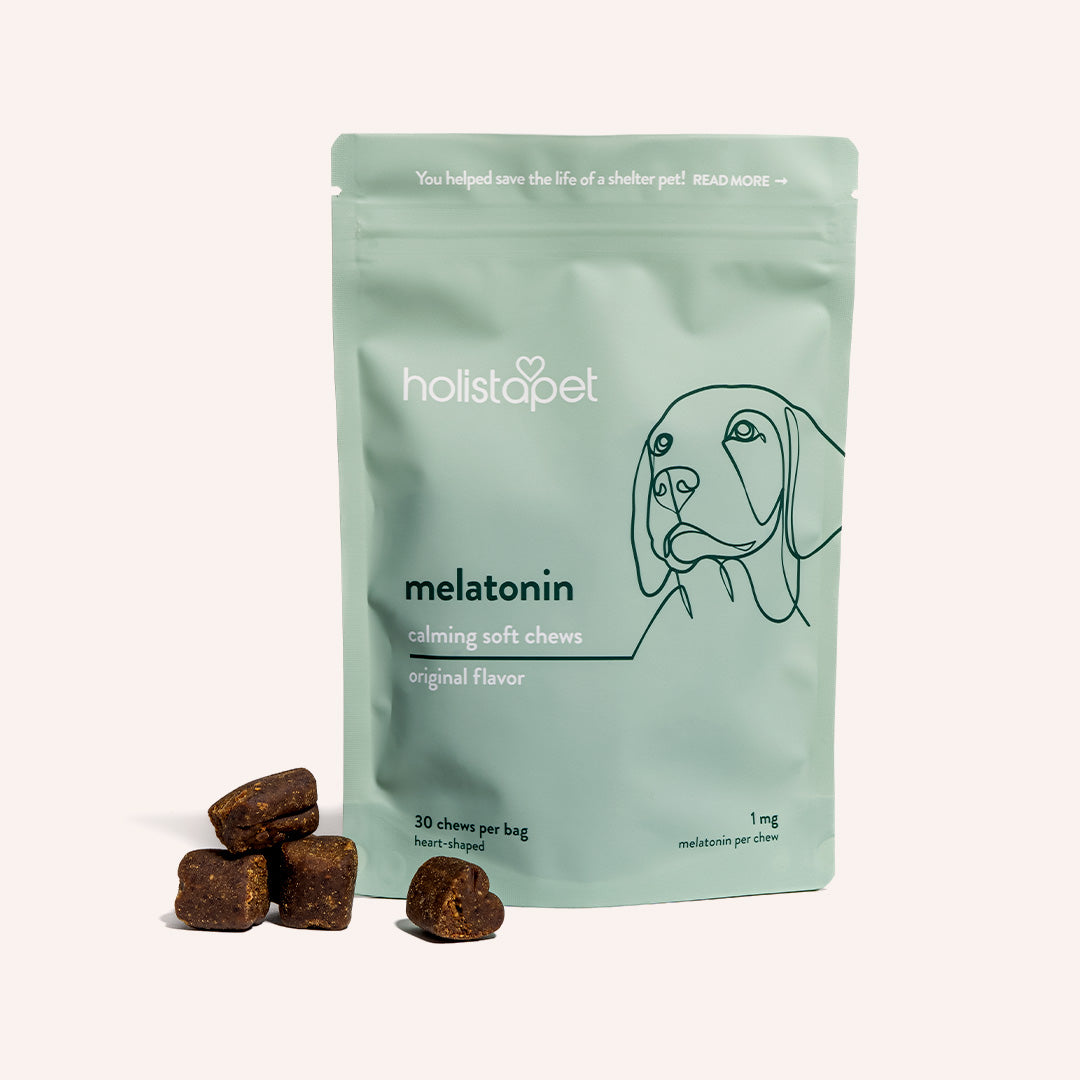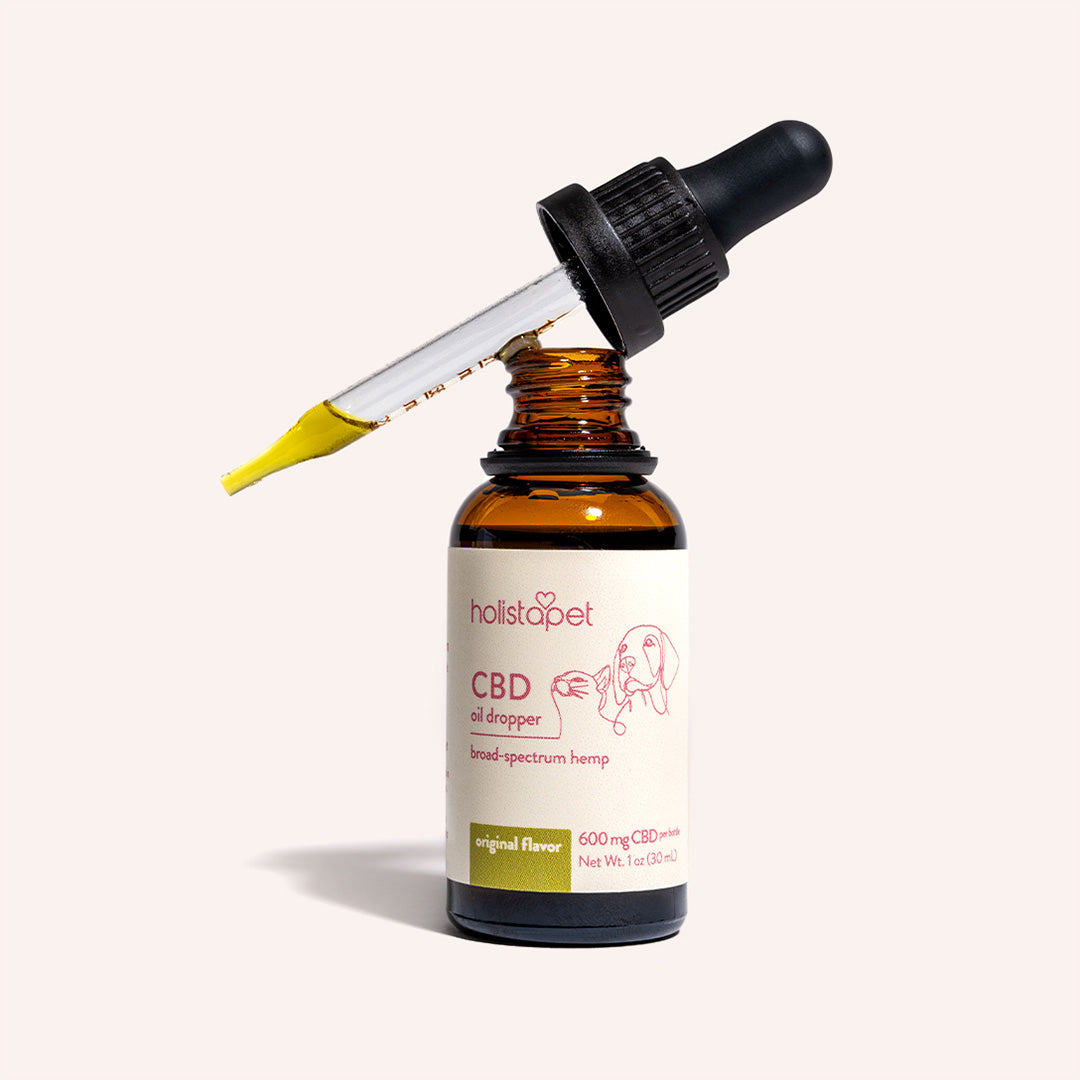excessive licking dry eyes, coughing, or sneezing. It’s kind of like when you experience allergies, except for the licking dry mouth, of course! Food allergies, unfortunately small dogs, account for 10% of canine allergic reactions.
The most common food allergens are proteins which make up most of your dog’s diet. These can include dairy products, beef, lamb, chicken, and eggs. What happens when dogs are exposed to these allergens? Well, let me tell you, it’s not pleasant.
Here are some of the ways allergies can affect your dog.
- Insect bites
- Feet chewing
- Itchy, red, moist skin
- Sneezing and runny nose
- Ear infections
- Increased scratching
- Vomiting and dog diarrhea
Dogs' immune systems work very similarly to ours. First, their immune system signals "mast cells" in their skin, lungs, nose, mouth, liver disease gut, and blood. The message is to release histamines that are located in these cells. When they exit the same mast cell tumors or cells, histamines increase blood flow in the area of their body the allergen affected.
This causes inflammation and allows other chemicals to step in to do repair work. You can give your pet melatonin for dogs. The result? If their nose is affected by pollen, histamines prompt membranes to make more mucus. This, in turn, may give your furry friend a runny nose, dry eyes, and make them sneeze.
Correct Dose
Claritin dosage for dogs varies depending on your pet's weight. Consulting with a veterinarian is the best way to calculate how much Claritin for dogs of a recommended dose is of this antihistamine to share with your furry friend. Vets usually prescribe Claritin for dogs in a dosage of 0.2 milligrams per pound of body weight. This can translate to giving a small dog about 5 milligrams a day and 10 milligrams for a correct dose for a larger dog. Having the correct dose is important to prevent kidney disease.
Is Claritin the Same as Claritin D?
The main difference between the two is that Claritin D contains a decongestant. This can be used to treat nasal congestion and sinus pressure. A decongestant is a drug that shrinks the swollen membranes in the nose, making it easier to breathe. Claritin D's added active ingredients include Pseudoephedrine, an active ingredient that relieves severe nasal congestion. Because of the added decongestant, this antihistamine can relieve symptoms of the common cold.

Can Dogs Take Claritin-D?
No, dogs cannot take Claritin-D because of the Pseudoephedrine added to it. This decongestant is toxic to dogs, even in small amounts. As little as one 30 mg tablet can induce symptoms in a 20-pound dog. This can include nervousness, hyperactivity, panting, increased rapid heart rate,, and high blood pressure.
These side effects can be seen in as little as 30 minutes. Pet owners must act quickly if they suspect that their pet may have ingested something they shouldn't have. Pseudoephedrine causes stimulation to the nervous system and cardiovascular systems. Often, consumption of a decongestant is an accident caused by a dog getting into its owner's medicine. To avoid a trip to the veterinarian immediately the hospital, try to store these drugs in a safe place.
What Are Natural Alternatives to Claritin?
There may be a few natural alternatives to treat allergies in your dog, especially if they are mild! Most times, our pets are smaller than us, and the thought of giving them any drug can be scary and worrisome. Luckily for pet owners, there are a few natural, holistic approaches to allergies. Take notes!
- Diet: Using food as medicine is not new to us. After all, you are what you eat! A proper diet is one of the easiest and best things you can do to alleviate your dog's allergies. The practice of Eastern Food Therapy (EFT) involves noting what you see happening externally as a manifestation of your pets' imbalances. By diagnosing imbalances, you can support the overall health and well-being of your dog with a customized diet.
- Apple cider vinegar: Another natural alternative to Claritin is apple cider vinegar. I know you've heard about the great benefits that this kitchen staple can provide for you! What can it do for your dog and their allergies? Well, apple cider vinegar is mildly acidic and contains antibacterial properties good for your dog's skin. Diluted apple cider vinegar can be used as a supplement, or you can apply it topically to your dog's skin.
- Epsom salt: If you have spotted your dog licking its paws incessantly, that may be a sign that they are experiencing allergies. A foot soak with cool water and Epsom salt is a great home remedy for your dog's allergies. This treatment can help inflammation that may be caused by seasonal allergies, especially after playing outside.
When should antihistamines for dogs be used?
Antihistamines are commonly used to treat both seasonal and environmental allergies, as well as allergic reactions in dogs. If your dog is experiencing itchiness, redness, or swelling, antihistamines may help alleviate these symptoms. They work by blocking histamine receptors, which prevent the release of histamine—a molecule the body produces in response to allergens. Studies have shown that antihistamines can be effective for dogs with seasonal allergies, and their low cost and favorable safety profile make them a popular option among dog owners and veterinarians.

However, it's important to note that not all dogs respond to antihistamines for seasonal allergy relief. This is because the allergic response in dogs is not solely related to histamine. While people with allergies often experience symptoms like runny noses, watery eyes, and sneezing due to histamine, these are not common signs of allergies in dogs. Instead, dogs typically show symptoms like skin redness and itching.
For dogs experiencing type-1 hypersensitivity reactions, such as facial or eye swelling and hives from bee stings, wasp stings, or vaccine reactions, antihistamines can be helpful and are often recommended by veterinarians.
Final Thoughts - Can Dogs Take Claritin Under Veterinary Supervision?
Dog Claritin is no different from your own prescription Claritin! You can use the same tablets you take to relieve your dog's allergies. Although the big question is is claritin safe for dogs? Claritin is safe for dogs, it is always important to consult with a veterinarian before starting any medication. A vet will also help you with dosing and how often your dog take it.
When a dog experiences allergies, it is just as bothersome as when you experience them. It's uncomfortable and quite frankly annoying. Their symptoms can range from itchy eyes, a runny nose, itchy skin, and sneezing, among other medications and many others. Can I give my dog Claritin for allergies? While it is generally safe to give your dog Claritin under the supervision and instruction from your vet, be aware that you cannot give pets Claritin-D.
As allergy season looms over our heads, you want to make sure you and your pup are prepared!
Read Next: Dog Care Tips & Tricks








![Probiotics For Dogs [Soft Chews]](http://www.holistapet.com/cdn/shop/files/Probiotic-Infographic-1_472d7a29-e30c-435a-9638-1365d8c3a9f9.jpg?v=1725384841&width=104)















![Can Dogs Take Claritin? [Finding Relief for Canine Allergies]](http://www.holistapet.com/cdn/shop/articles/249.jpg?v=1715222106&width=1500)













Leave a comment
This site is protected by hCaptcha and the hCaptcha Privacy Policy and Terms of Service apply.